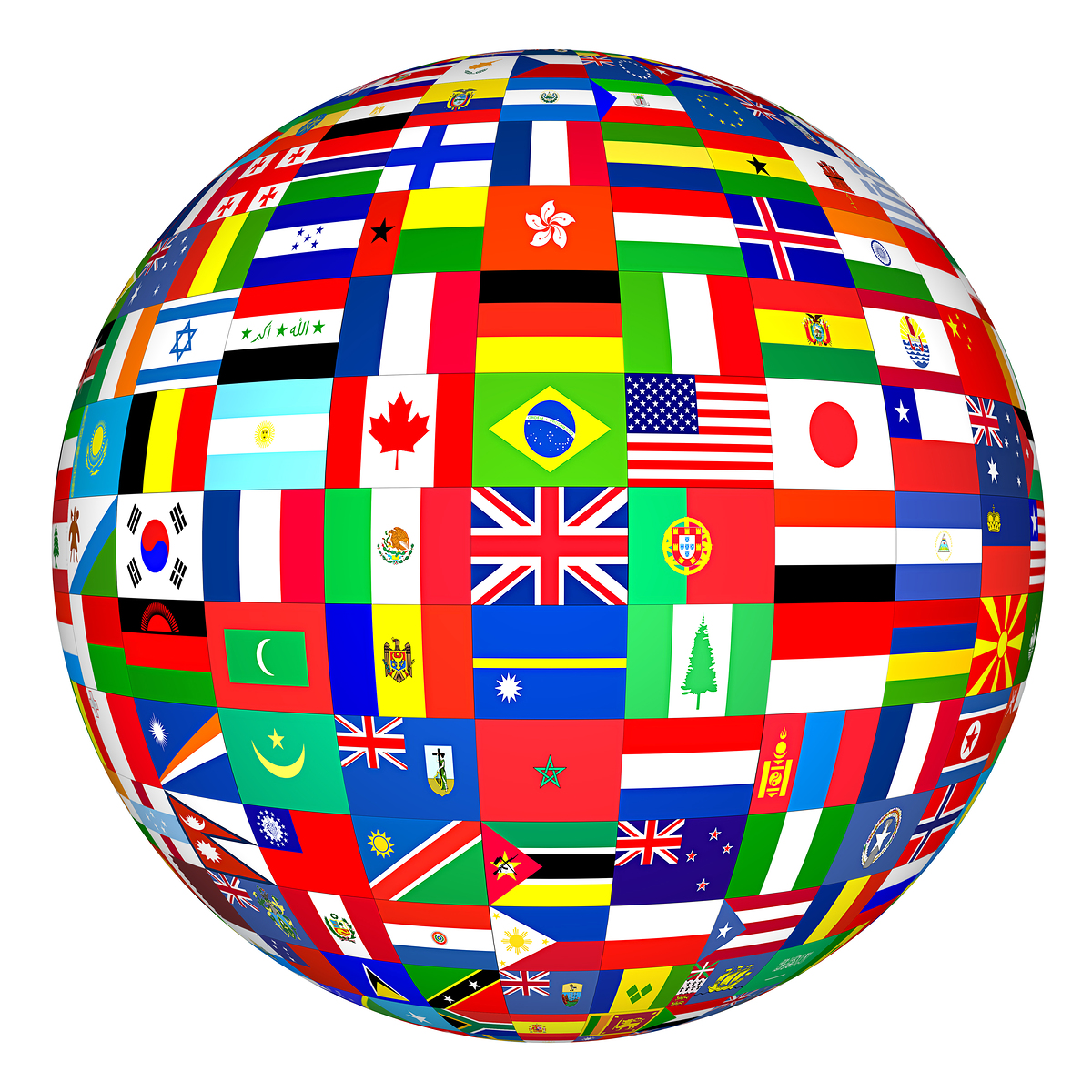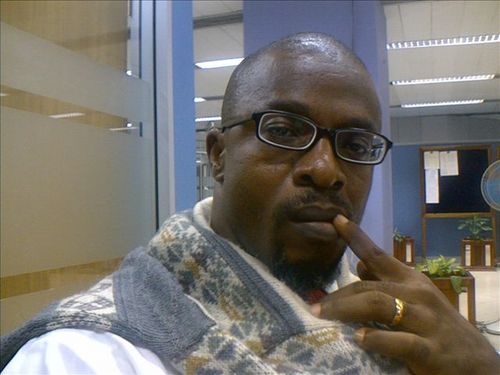
A much anticipated report encompassing the new development agenda set to replace the Millennium Development Goals (MDGs) when they expire in 2015 was recently published. This report is the outcome of an interactive process and importantly touches on topical issues. Yet questions arise over how different this development agenda is from the MDGs and whether the targets are relevant within the context of a structural shift in the global economy characterised by a “crisis”-ridden West, an “emerging” East and notably, an Africa “rising”.
The new development agenda unveiled by the High Level Panel (HLP) on post-2015 (PDF) set up by the UN Secretary-General, proposes a more expansive 12 goals with 54 targets compared to the MDGs’ eight goals and 21 indicators. If the HLP report were to be assessed solely on its coherence, then it would score the highest points for the clarity of its overarching agenda devoid of technical jargon.
Crucially, the report outlines five “transformative shifts” which underline the proposed goals, such as economic transformation and inclusive growth, and building peace and effective institutions. These shifts encapsulate issues that have dominated policy makers’, civil societies’ researchers’ and conferences’ agenda recently, from Lagos to London and from Brussels to Brasilia.
As a self-styled “universal agenda” applying to both the industrialised and developing countries, the proposed development agenda has the ambitious aim of “ending poverty by 2030”. Targets on jobs creation and equitable growth, natural resources management, transparency of financial transactions and good governance and effective institutions are relevant not only to the poorest countries in Sub-Saharan Africa – the only region that will not meet the MDG Goal 1 of halving poverty by 2015 – but also and perhaps for the first time, austerity-hit parts of the industrialised European Union (EU)!
The most obvious strength of the post-2015 report lies in its ambition as well as the very process that birthed it. From the onset, a consultative approach was undertaken by the HLP involving UN Member states, over 5000 civil society organisations, business enterprises and ordinary citizens around the world. No doubt, this engaging process is greatly facilitated by new media and Web 2.0 tools. For instance, I found out about the My World Survey – which aggregated the priorities of ordinary people for a better world – on Facebook and after I had completed it, I shared it on Twitter. To further buttress how bottom-up this process was, India and Nigeria are the two countries out of 194, with the most respondents to the online survey.
A glaring “deficit” of the report however, is the absence of an explicit goal to address inequality in the proposed development agenda, given how pivotal a factor inequality is to eradicating poverty. In Sub-Saharan Africa where the centre of gravity of global poverty has shifted to since 2000, half of the population lives below the $1.25 poverty benchmark yet the sub-continent has 6 of the 10 fastest growing countries in the world. Billionaires like Aliko Dangote, Isabel Dos Santos and Patrick Motsepe, who top the list of the richest black people in the world, come from some of the richest and most unequal countries in Africa such as Nigeria, Angola and South Africa more than half their populations live under the poverty line.
Though the HLP report emphasises on the need for “national policy in each country, not global setting” as best suited for tackling rising inequality, goal explicitly targeting inequality would however be more appropriate because, as the old management maxim states, you cannot manage what you don’t measure. Thus if an explicit goal is not defined and targets are not set on addressing inequality, what incentives do national governments then, have to make the necessary changes in their development plans required to tackle inequality? In Nigeria for instance where rapid economic growth averaging 7.4% in the last decade has been paralleled by sharp regional inequalities between a booming south and a declining north, if a goal on directing policy towards addressing inequality is not included, then how will it the benefits of economic growth be spread more equitably?
Curiously, the post-2015 report glosses over the much-needed reforms of global governance institutions that is, multilateral financial institutions like the World Bank, the International Monetary Fund (IMF), the World Trade Organisation (WTO) and even the UN system itself. These global institutions’ structure, staffing and philosophy skewed in favour of developed countries undermine the bargaining power of developing countries, especially Sub-Saharan Africa.
This asymmetry is especially glaring in global trade, where heavy agriculture subsidies by the US and the EU governments make African agricultural produce uncompetitive in the global market; in the leadership of the World Bank and IMF restricted to the USA and the EU respectively; and in the composition of the five permanent members of the UN Security Council which doesn’t include any African or South American country. A long-held disenchantment with this unbalanced system is driving the growing momentum by emerging powers to lay the ground work for an alternative development bank, the BRICS development Bank, to rival the World Bank and the IMF, for instance.
Certainly, the failure to acknowledge the imperative of addressing such an asymmetric system, at least as one target in the proposed Goal 12 of Creating a Global Enabling Environment, is a potentially missed opportunity by the HLP given the breadth of consultations held, to shore up greater legitimacy and confidence in the UN in the developing world, to show its commitment to a more democratic global governance system.
Despite these shortcomings, the HLP post-2015 report given its depth, scope and focus on global issues of relevance is robust. That it glosses over some key issues like global governance reform, or doesn’t explicitly articulate others like inequality doesn’t detract from the consultative process that led to the outcome which is at least, one significant step towards a universal development agenda.


